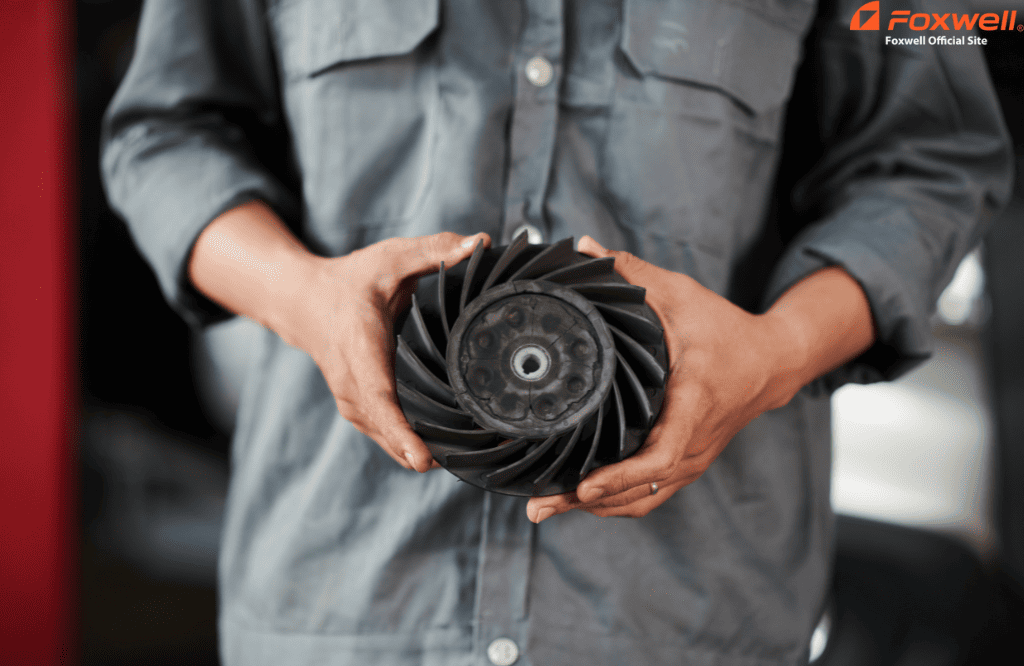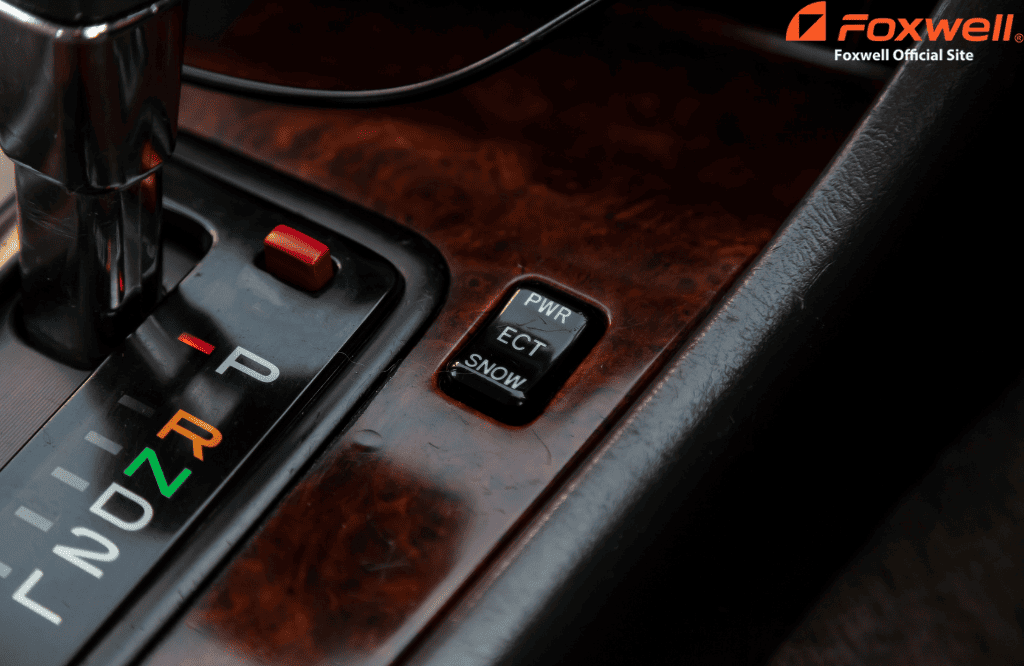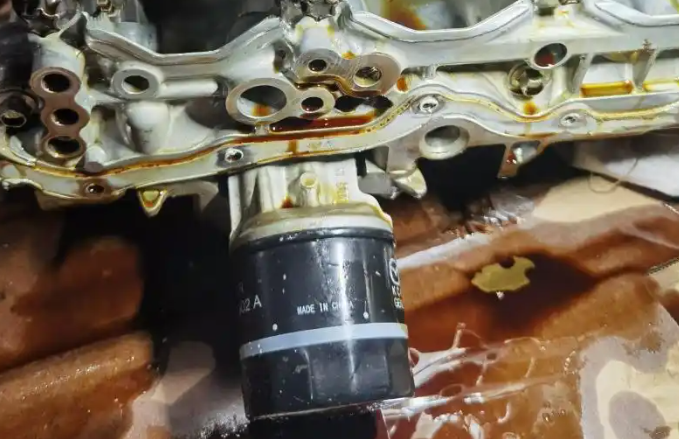Have you ever experienced that heart-stopping moment when your car starts smoking on a hot summer day, or watched in panic as your temperature gauge shoots into the red zone?
Maybe your AC suddenly stopped blowing cold air during rush hour traffic? These common yet scary situations often trace back to one frequently overlooked component - your vehicle's cooling fan.
As an automotive repair expert with 15 years of hands-on experience, I've seen countless cases of engine damage that could have been prevented with proper cooling fan maintenance.
What's frustrating is that most of these expensive repairs could have been avoided with some basic knowledge and preventive care.
In this comprehensive guide, I'll break down everything you need to know about your car's cooling fan in simple, practical terms. By the end of this article, you'll understand:
- Why this small component is crucial for your engine's survival
- How to spot early warning signs of cooling fan problems
- What to do if you suspect your fan isn't working properly
- Tips to maintain your cooling fan and avoid costly repairs
Whether you're a first-time car owner or a seasoned driver, this guide will give you the knowledge you need to protect your vehicle and potentially save thousands in repair costs.
Why Your Vehicle Needs a Cooling Fan
Think of your car's cooling fan as its personal air conditioning system. Every time you start your engine, it begins generating intense heat - enough to melt certain components if left unchecked.
Without a properly functioning cooling fan, you're essentially running a ticking time bomb under your hood.
The cooling fan's job is surprisingly simple yet critical: it pushes air through your radiator to cool down the engine coolant.
This process is especially crucial when you're stuck in traffic or driving at low speeds, where natural airflow isn't sufficient to keep your engine cool.
Here's what makes your cooling fan so important:
- It prevents engine overheating during stop-and-go traffic
- It helps maintain optimal engine performance
- It protects your engine from potentially catastrophic damage
- It ensures your air conditioning system works efficiently
- It contributes to better fuel economy
How Does a Cooling Fan Work in Your Vehicle?
Imagine your car's cooling system as a well-choreographed dance between different components. The cooling fan doesn't work alone - it's part of an intricate system involving your radiator, thermostat, and engine coolant.
When your engine reaches a specific temperature (usually around 200°F), the thermostat sends a signal to activate the cooling fan.
This isn't just a simple on-off switch - modern cooling fans can operate at different speeds depending on how much cooling your engine needs.
The system includes:
- The cooling fan assembly
- An electric motor (in modern vehicles)
- A complex network of sensors
- Control modules
- Electrical components like fuses and relays
Troubleshooting Your Vehicle's Cooling Fan Issues
Let's face it - nobody wants to be stranded on the side of the road with an overheating engine. Here's how to catch cooling fan problems before they leave you stranded.
Common Signs Your Cooling Fan Is Not Working Properly
Watch out for these red flags that could signal a failing cooling fan:
Engine Temperature Rising Above Normal: If your temperature gauge starts creeping into the red zone, especially in traffic, your cooling fan might be failing.Don't ignore this warning sign - it could save you from expensive engine repairs.
AC Performance Issues: When your once-ice-cold AC starts blowing lukewarm air, your cooling fan might be the culprit.The fan helps cool both your engine and your AC condenser.
Strange Noises From Under the Hood: Hearing unusual grinding, scraping, or buzzing sounds? Your cooling fan might be struggling.These noises often indicate mechanical problems with the fan or its motor.
Warning Lights Illuminated: Modern vehicles are smart enough to warn you when something's wrong.If your check engine light comes on along with high temperature readings, take it seriously.
Poor Fuel Economy: Notice you're filling up more often? A malfunctioning cooling fan can cause your engine to run less efficiently, burning more fuel than necessary.
Possible Causes of Cooling Fan Malfunctions
Understanding what might be causing your cooling fan problems can help you make informed decisions about repairs:
Electrical Issues:
- Blown fuses or relays
- Damaged wiring harnesses
- Faulty temperature sensors
- Failed control modules
Mechanical Problems:
- Worn out fan motors
- Damaged or bent fan blades
- Debris interference
- Failed bearings
Cooling System Issues:
- Low coolant levels
- Faulty thermostats
- Clogged radiators
- Damaged water pumps
How to Diagnose Cooling Fan Problems
Before heading to the mechanic, here's what you can check yourself:
Step 1: Visual Inspection
- Look for obvious damage to fan blades
- Check for debris around the fan
- Inspect wiring connections
- Look for coolant leaks
Step 2: Basic Testing
- Turn on your AC at idle (the fan should run)
- Listen for unusual noises
- Watch the fan's operation
- Check coolant levels
Step 3: Advanced Diagnosis
- Use an OBD2 Scanner to check for error codes
- Test fuses and relays
- Check voltage at the fan motor
- Verify thermostat operation
- Test temperature sensors
If you notice any of these issues, it's recommended to consult a professional mechanic for proper diagnosis and repair.
Attempting complex repairs without proper knowledge and tools could lead to more serious problems.
FAQs
How often should I check my cooling fan?
At least every 6 months or during regular maintenance services. More frequently in hot climates or if you do lots of city driving.
What's the average lifespan of a cooling fan?
Most cooling fans last 100,000 to 150,000 miles, but this varies based on driving conditions and maintenance.
Can I drive with a faulty cooling fan?
It's not recommended. A failed cooling fan can lead to engine overheating and severe damage, especially in stop-and-go traffic.
How much does cooling fan replacement cost?
Typically between $300-$800, depending on your vehicle make and model. This includes parts and labor.
Will a bad cooling fan affect my AC?
Yes, the cooling fan helps cool both your engine and AC condenser. A faulty fan can reduce AC efficiency.
Conclusion
Remember, your cooling fan is more than just another part under the hood - it's a crucial component that protects your engine from potentially catastrophic damage.
By understanding how it works and maintaining it properly, you can avoid expensive repairs and keep your vehicle running smoothly for years to come.
If you're ever unsure about your cooling fan's performance or need professional diagnosis, don't hesitate to consult a qualified mechanic.
The cost of prevention is always lower than the cost of repair.




Leave a comment
This site is protected by hCaptcha and the hCaptcha Privacy Policy and Terms of Service apply.